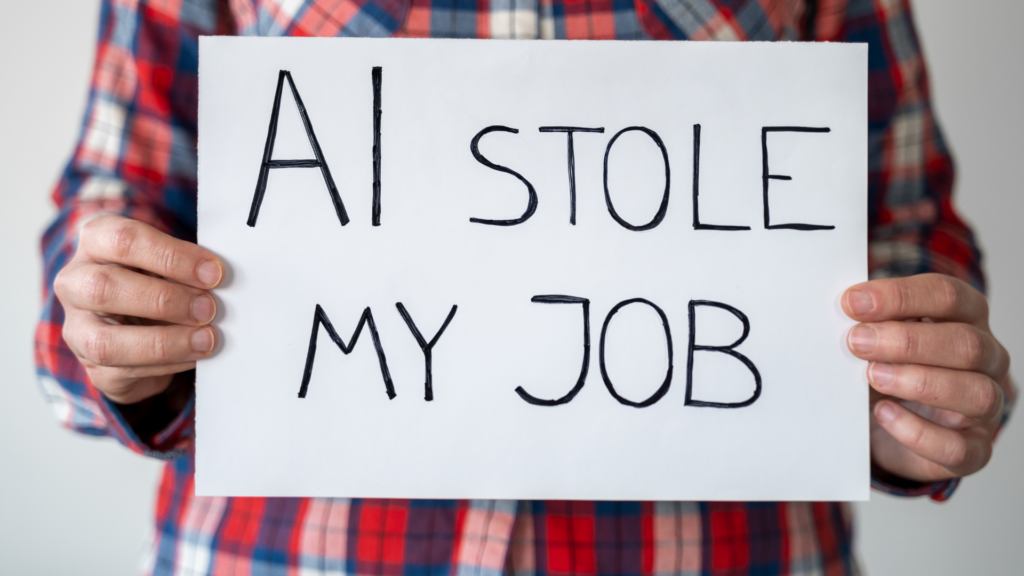Prominent figures within the French-speaking Belgian cultural industry have called on political authorities to urgently regulate the use of artificial intelligence (AI), warning it threatens thousands of jobs within their sector.
Whether it be creation (like scriptwriting and composing music), production (like mixing, dubbing, subtitling) or distribution (like devising marketing strategies or promotional campaigns), every aspect of the artistic industry faces this threat, the professionals explained during a hearing before the Culture Commission of the Federation Wallonia-Brussels parliament.
“Within film and series dubbing alone, there are now machines that can instantly dub any actor into 120 foreign languages,” highlighted Gaëtan Wenders, actor, administrator of the Artists’ Union and member of the Belgian voice actors’ association (Belva).
The risk, he said, is seeing AI put thousands, or even hundreds of thousands, of people out of work within a matter of years.
Learning to live with AI
Faced with the challenges posed by the technology’s development, the answer is not to reject it but to regulate its use with the aim of continuing to protect copyright and related rights, stressed Tanguy Roosen, legal director for both the Society of Dramatic Authors and Composers (SACD) and the Civil Society of Multimedia Authors (Scam).
Roosen pointed to concrete measures such as political action to create a funding mechanism whereby AI giants contribute to creators. Such a system already exists within the audiovisual sector. And foreign operators like Netflix are already obliged to financially contribute to audiovisual creation in the Federation Wallonia-Brussels (FWB).
Moreover, he argued for a regulatory framework enforcing the identification of original creations used by generative AI tools. “For transparency with the public, the law should also impose clear labelling of all synthetic works broadcast or published.”
Related News
- 'Banning out of fear': Pupils call on education to embrace AI
- 'No longer a fringe issue': Sextortion and 'deepnudes' common among young Belgians
While some of the legislative work requires action at the national or European level, the FWB isn't without effective levers of action. As a funding authority for numerous cultural operators, it could make clear rules regarding the broadcasting of works produced with the aid of AI, Roosen suggested.
The United States has led various legal actions against the titans of AI. The Belgian cultural sector ought to avoid or preempt similar legal actions at home.
"We hope policymakers will seize control of this matter before we initiate any legal action here. There is no need to wait for the courts to be involved in this issue."
The European cultural industry represents some 7.6 million jobs with a turnover of €640 billion euros. Currently, generative AI only accounts for $3.7 billion in turnover but some predict this amount will increase tenfold in the coming years, most probably at the expense of creativity and cultural jobs.

